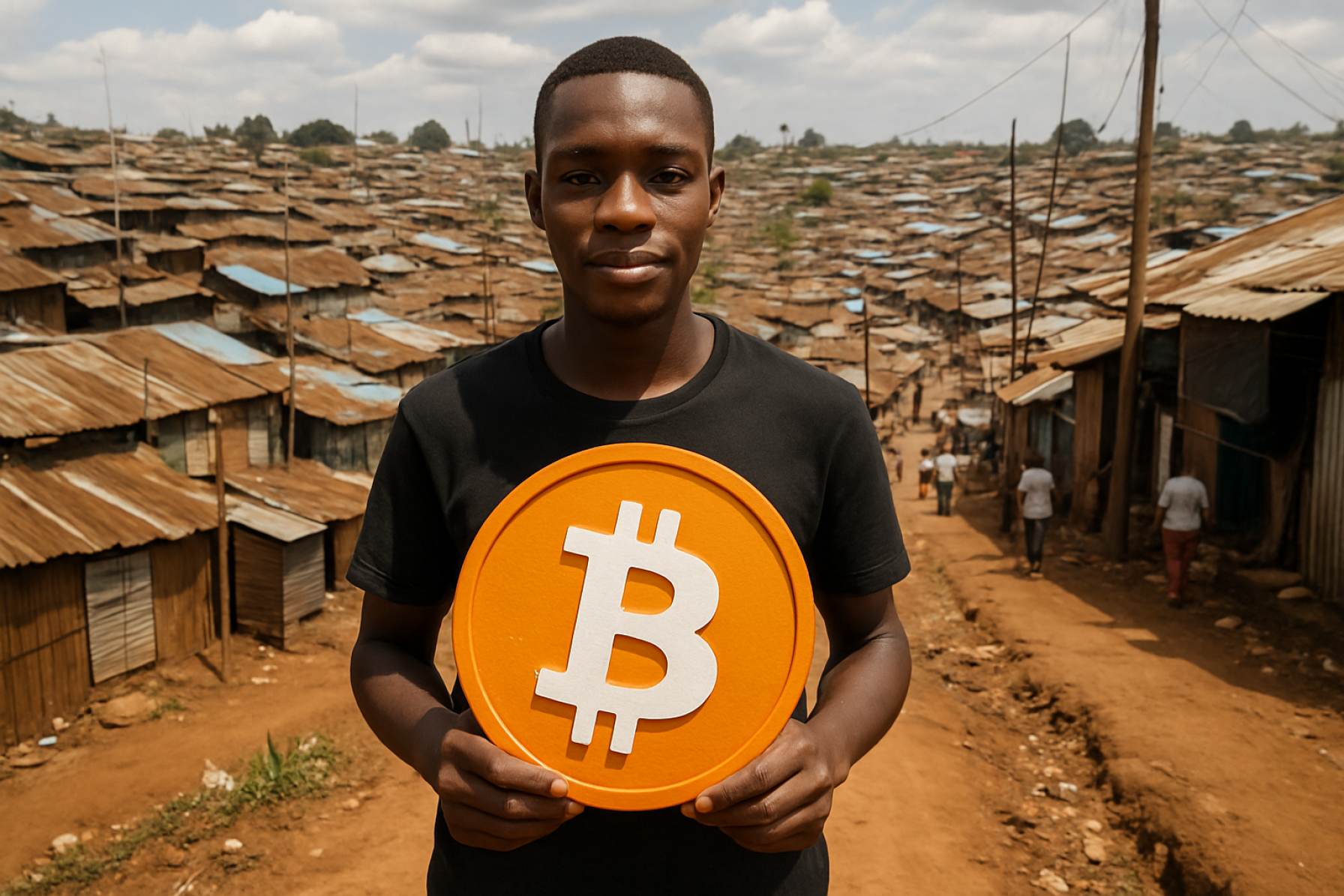Inside the Bitcoin Revolution Taking Root in Nairobi’s Kibera Slum—Opportunity or Risk for Africa’s Poorest?
Hundreds in Kenya’s Kibera slum now use bitcoin for daily needs—find out how crypto is changing lives and challenging the status quo in 2025.
• Over 200 residents in Kibera’s Soweto West using bitcoin in daily transactions
• $10,000 in bitcoin injected via AfriBit Africa initiatives since 2022
• 70-80% of participants’ savings held in bitcoin, drastically above global average
• Some vendors report 10% of sales now in crypto
Just beyond Nairobi’s bustling skyline, a quiet digital revolution is underway. In Soweto West—the heart of Kibera, one of the world’s largest urban slums—humble vegetable stalls are becoming unlikely outposts for cutting-edge finance. Here, bitcoin isn’t just an investment trend. For many, it’s rapidly becoming a lifeline.
AfriBit Africa, a local fintech company with a nonprofit mission, is driving this bold move. Since 2022, they’ve steered about $10,000 in bitcoin grants directly into the hands of the community—primarily young garbage collectors who lead regular clean-ups. For these workers, bitcoin payments have replaced cash, making each smartphone a digital wallet and each trash pickup a step into tomorrow.
Why Is Bitcoin Catching On in Soweto West?
Unlike traditional banks, which often require mountains of paperwork, bitcoin operates outside the bounds of documentation and long queues. For Kibera’s underbanked residents, this means instant, borderless financial access.
AfriBit Africa’s founders believe this tech-first approach opens doors—especially for youths eager to leapfrog into the digital economy. The company finds that garbage collectors spread the word, encouraging curious vendors and customers to try bitcoin.
How Are Locals Using Crypto for Everyday Life?
At the bustling open-air markets, the impact is clear. Vegetable seller Dotea Anyim says around one in ten of her buyers now pay in bitcoin. She values the speed and zero transaction fees, touting it as cheaper and faster than Kenya’s famous M-PESA mobile platform—often seen as the country’s fintech gold standard.
Meanwhile, garbage collectors like Damiano Magak reveal that they now store up to 80% of their personal savings in bitcoin, betting not just on convenience but also on rising crypto prices—a striking trend considering global averages.
What Are the Risks for Kibera’s Crypto Pioneers?
Such optimism isn’t universal. Experts warn that staking nearly all savings on volatile assets like bitcoin could put vulnerable communities at high risk. Ali Hussein Kassim, chairman of the FinTech Alliance in Kenya, voices real concern: with crypto’s price swings, a sudden downturn could hit the poorest hardest.
Global watchdogs and financial experts, including those from CoinMarketCap and CoinDesk, echo these fears. They urge for more financial literacy and cautious adoption, especially in areas unfamiliar with complex investment risks.
How Can Residents and Vendors Stay Safe When Using Crypto?
Want to dip into crypto without disaster? Start small. Diversify instead of putting all your reserves in bitcoin. Vendors are encouraged to track the market, set safe limits, and seek local financial advice. Initiatives from groups like AfriBit Africa are expanding financial education, helping locals understand both the rewards and risks.
Ready to witness Kenya’s urban crypto experiment unfold? Stay informed—this revolution promises both hope and hazards.
- Explore and compare costs with Bitcoin and M-PESA
- Participate in local fintech workshops for financial confidence
- Diversify your savings—don’t rely solely on crypto
- Keep up with updates from trusted crypto sites like CoinDesk
Boldly move forward, but tread carefully—Kibera’s crypto journey is rewriting the rules for Africa’s financial future.
